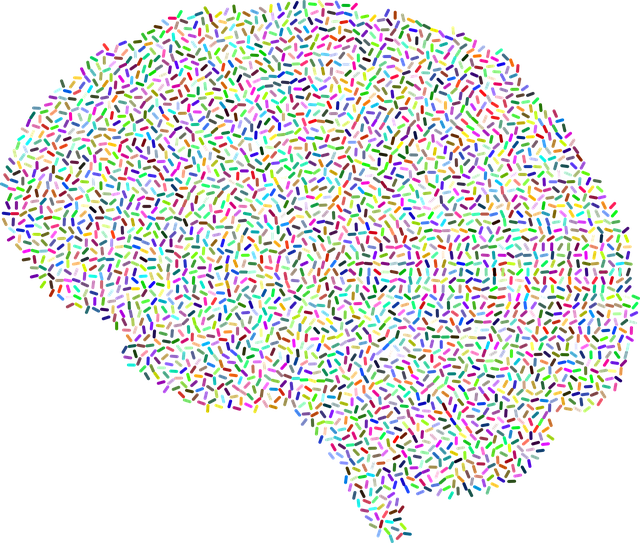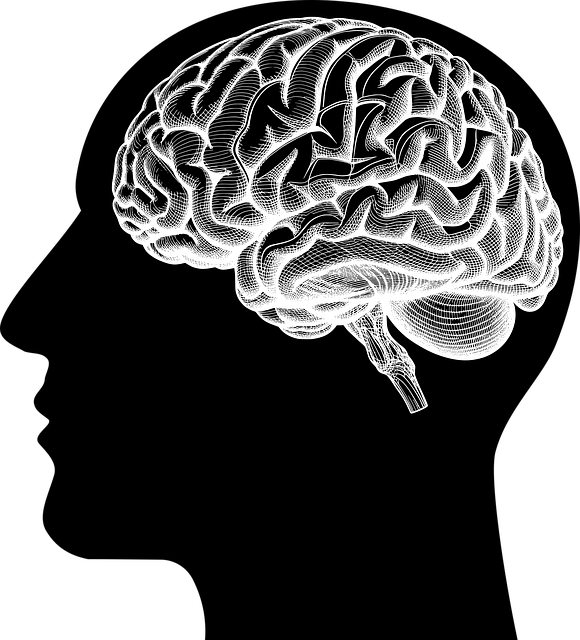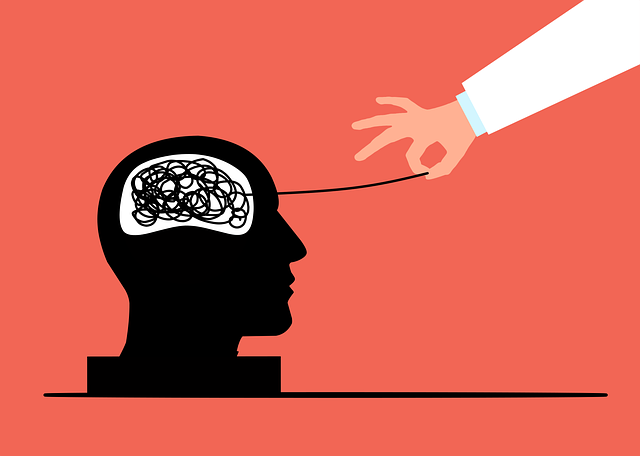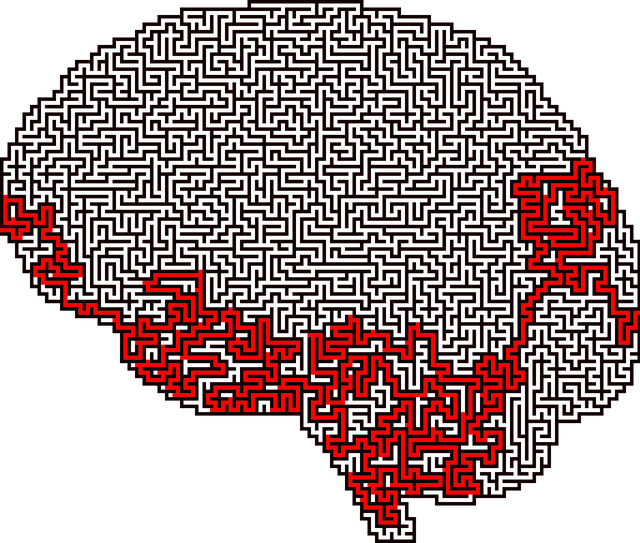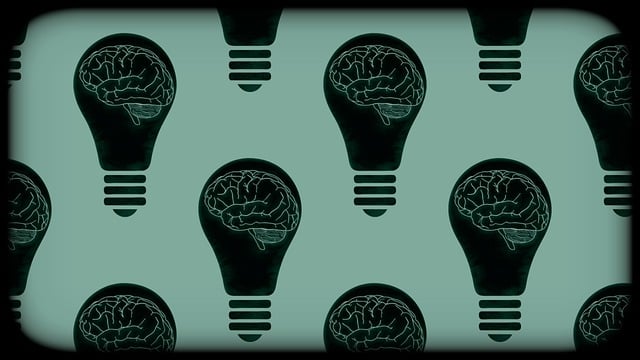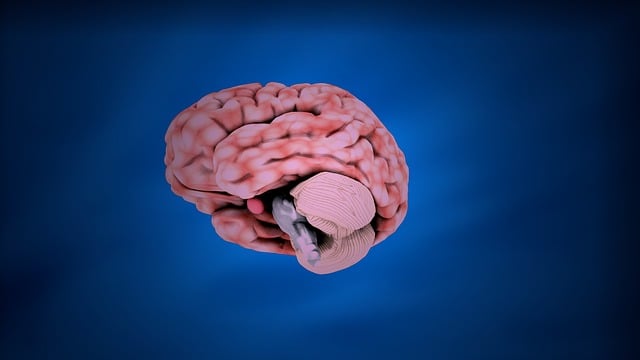Evaluating the success of innovative mental wellness programs like Lakewood EMDR Certified Therapy requires comprehensive assessment tools measuring symptom reduction, improved functioning, and enhanced well-being. Culturally sensitive methods are key to ensuring effectiveness across diverse communities. Participant feedback through standardized assessments, structured interviews, and surveys offers valuable insights into emotional healing progress. Regular check-ins and long-term follow-ups help gauge the program's sustained impact on overall mental health and contribute to stigma reduction, fostering a culture of continuous improvement in care quality.
“Uncovering the effectiveness of mental wellness programs is paramount in fostering effective treatment strategies. This article explores rigorous evaluation methods, offering a comprehensive guide for professionals. From assessing program effectiveness using evidence-based tools like Lakewood EMDR Certified Therapy to gauging participant feedback and measuring long-term impact, each section delves into essential practices. By employing these methods, mental health practitioners can ensure programs deliver tangible results, enhance client outcomes, and contribute to the overall well-being of individuals seeking support.”
- Assessing Program Effectiveness: Tools and Techniques
- Participant Feedback: Voices from the Field
- Measuring Long-term Impact: Tracking Success Beyond Therapy Sessions
Assessing Program Effectiveness: Tools and Techniques

Evaluating the effectiveness of a mental wellness program is an essential step to ensure its success and positive impact on participants’ lives. Various tools and techniques can be employed to assess the outcomes and benefits of interventions, especially in innovative approaches like Lakewood EMDR Certified Therapy. This therapy method utilizes eye movement desensitization and reprocessing (EMDR) to facilitate emotional healing processes, making it crucial to measure its efficiency.
One effective strategy is utilizing standardized assessment tools tailored to specific mental health domains. These tools can gauge improvements in symptoms, functioning, and overall well-being. For instance, measuring self-care routine development for better mental health through structured interviews or surveys allows professionals to understand the program’s influence on participants’ ability to manage their emotional well-being. Additionally, cultural sensitivity in mental healthcare practice is a key aspect; inclusive evaluation methods should consider diverse cultural backgrounds and beliefs to ensure the program’s effectiveness across various communities.
Participant Feedback: Voices from the Field

Participant feedback is a critical component of evaluating mental wellness programs, offering valuable insights into their effectiveness and impact. When implementing initiatives like Lakewood EMDR Certified Therapy or Healthcare Provider Cultural Competency Training, gathering input from participants is essential. This process allows for a deeper understanding of individual experiences, identifying both successes and areas for improvement. By encouraging open dialogue, practitioners can uncover the nuances of the therapeutic journey, ensuring that programs are tailored to meet diverse needs.
Inner Strength Development and Mental Illness Stigma Reduction Efforts can greatly benefit from this feedback loop. Participants’ perspectives can highlight the effectiveness of certain interventions, inform adjustments to program structures, and even contribute to broader mental health awareness campaigns. Embracing this direct connection with those involved fosters a culture of continuous improvement, ultimately enhancing the overall quality of care.
Measuring Long-term Impact: Tracking Success Beyond Therapy Sessions

Measuring the long-term impact of a mental wellness program is an essential step in understanding its effectiveness and sustainability beyond individual therapy sessions. This aspect is particularly crucial for methods like Lakewood EMDR Certified Therapy, which focuses on trauma resolution and emotional healing. By tracking participants’ progress over an extended period, researchers and therapists can assess whether the skills learned during treatment translate into meaningful changes in daily life.
A successful evaluation should go beyond self-reported surveys and include objective measures of positive thinking, burnout prevention, and emotional regulation. This might involve regular check-ins, periodic assessments, or even long-term follow-up studies to observe how participants maintain their mental wellness over time. Such comprehensive tracking allows for a more nuanced understanding of the program’s influence on individuals’ overall well-being, providing valuable insights for continuous improvement in mental health care.
Evaluating mental wellness programs is essential for ensuring their effectiveness and long-term benefits. By combining robust assessment tools, participant feedback, and continuous tracking of impact, we can optimize support for individuals seeking healing. Incorporating methods like those seen in Lakewood EMDR Certified Therapy facilitates comprehensive program evaluation, ultimately enhancing the overall success and sustainability of mental health initiatives.

